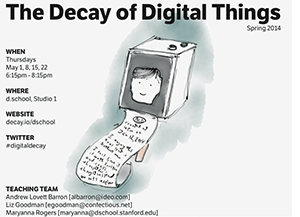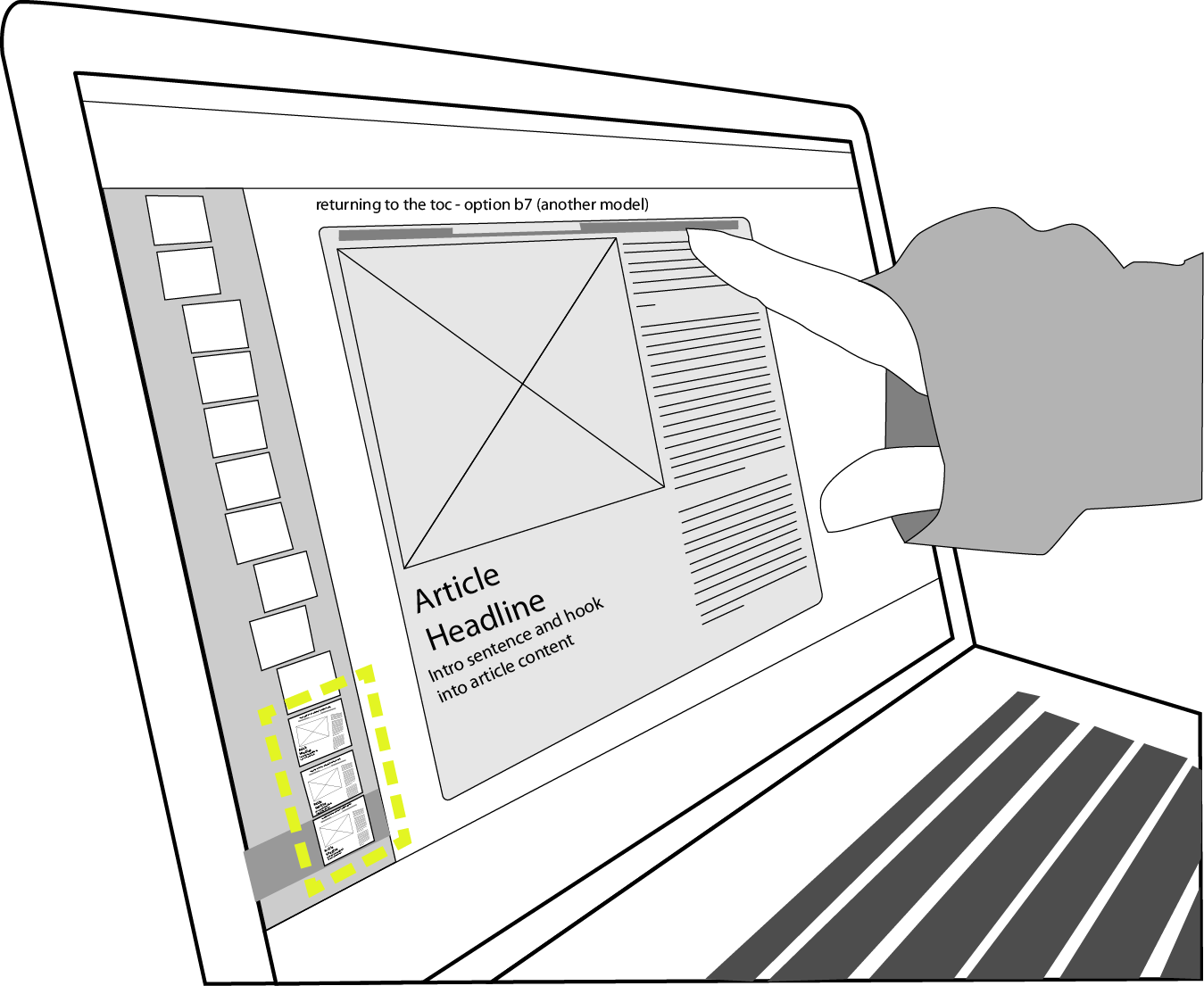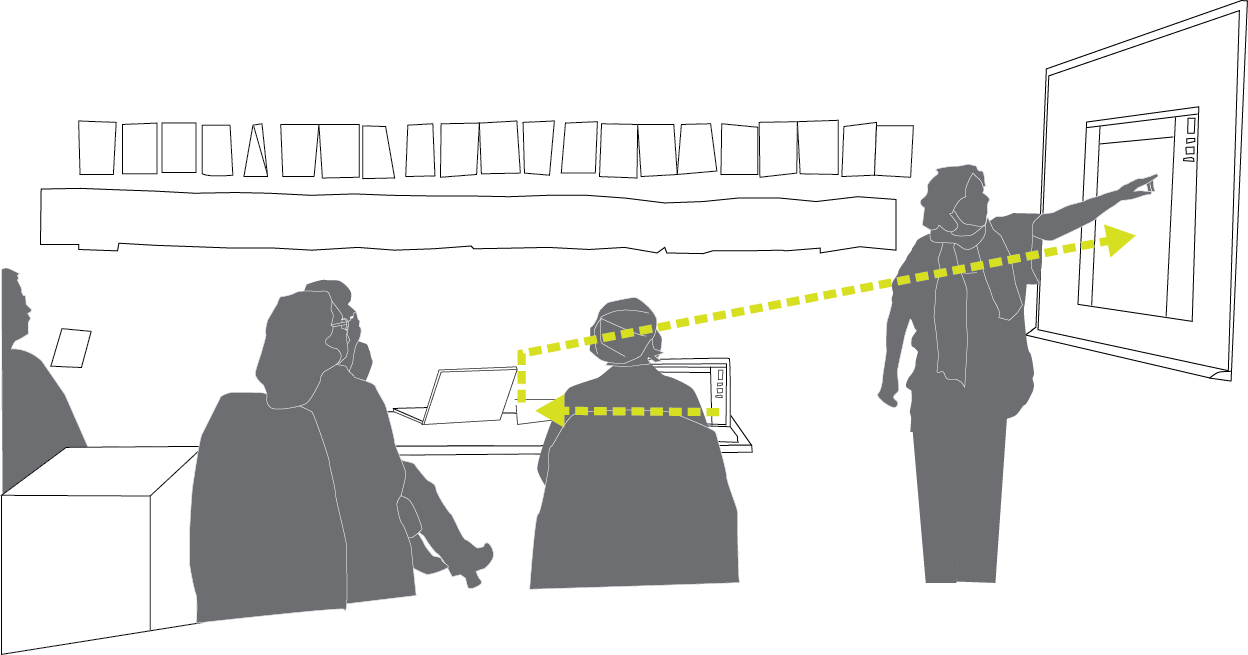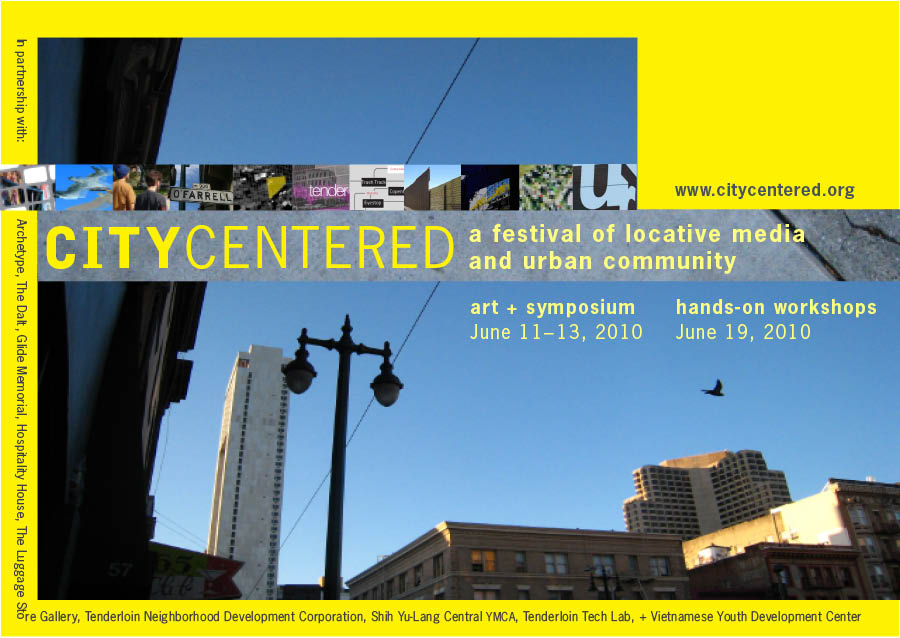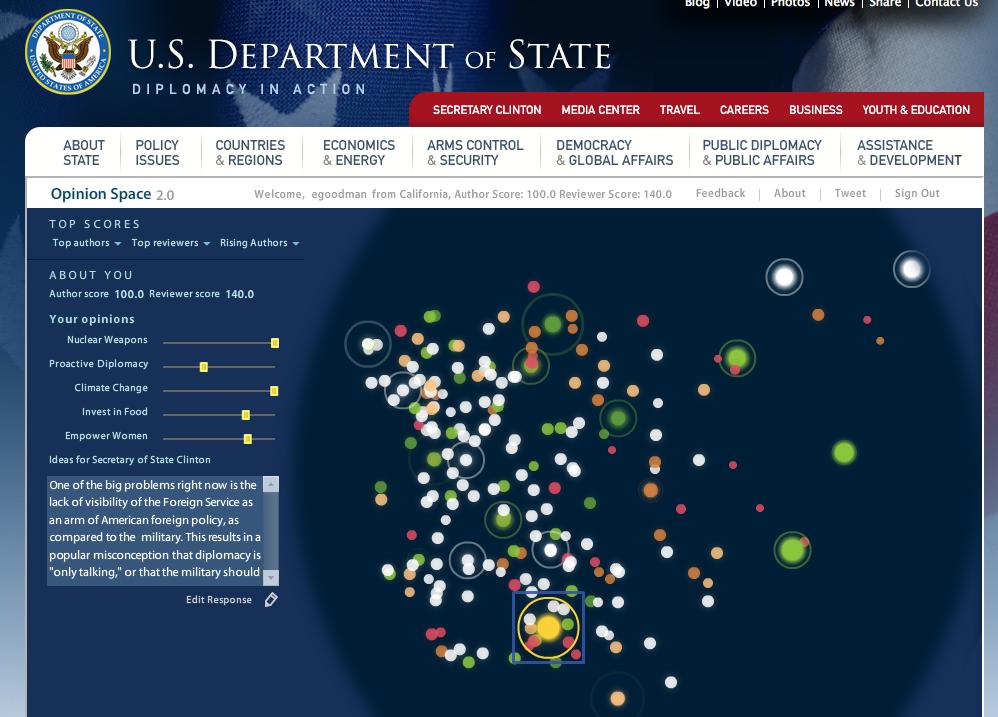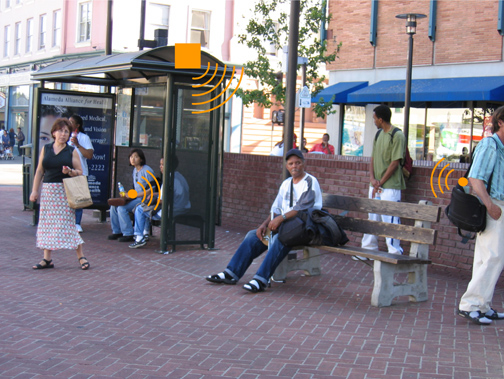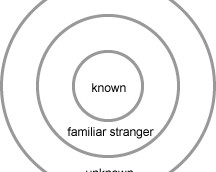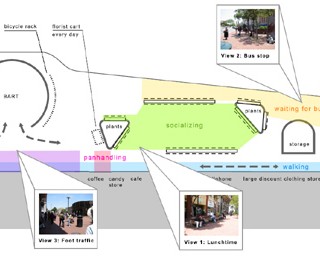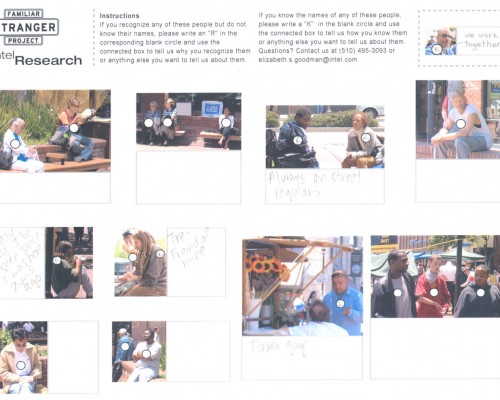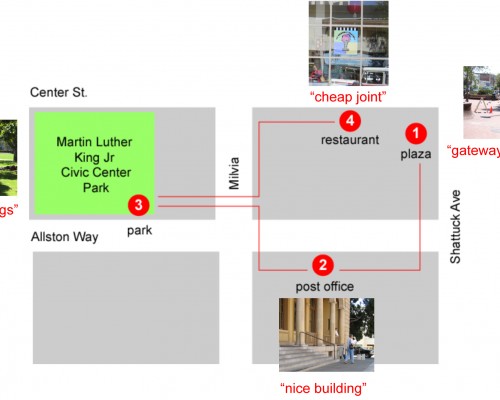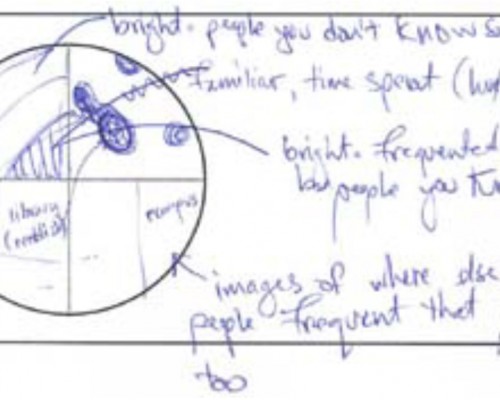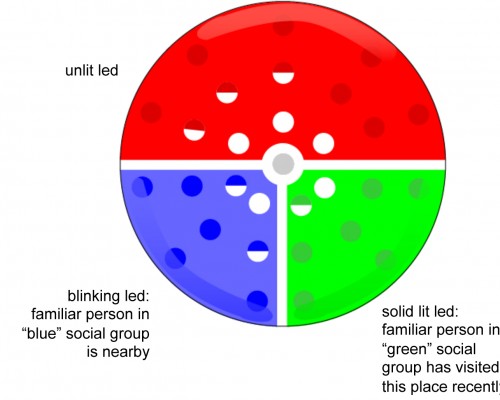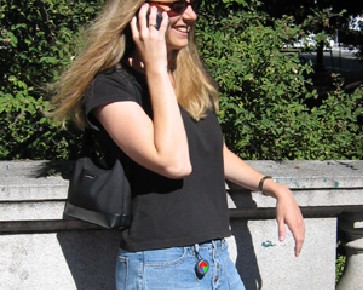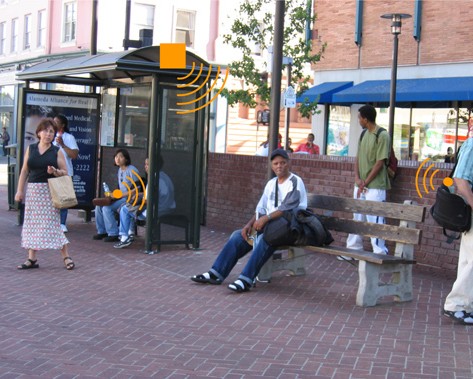With Andrew Lovett-Barron and Maryanna Rogers, I taught a pop-up studio workshop called “The Decay of Digital Things” at Stanford’s d.school this May. Using examples from iPhone operating systems to aged and eccentric artificial intelligences, we made speculative prototypes exploring future deaths and afterlifes for computational objects.
Studying interaction design and invention processes
I use in-depth research to describe the design of new interactions and technologies, not only in theory but in practice. By gaining a better empirical understanding of design teams and design stakeholders, we can help educators work with students, tool makers improve design tools, and professionals extend their own practices of creation and communication.
Download the dissertation (PDF)
City Centered: A festival of locative media and urban community
In 2010, I co-organized City Centered, a free, three-day festival of locative media and urban community in San Francisco. The event included demonstrations and installations in the Tenderloin district, a symposium in the Mission district and community training workshops. The art festival, which I co-curated, included contributions from MIT’s Senseable Cities Lab and Stamen Design.
Over two weekends, it engaged artists, educators, civic organizations and community members of all ages in exploring how how locative media can act as a platform and venue for community-led expression.
Opinion Space
Opinion Space will harness the power of connection technologies to provide a unique forum for international dialogue. This is…an opportunity to extend our engagement beyond the halls of government directly to the people of the world.
U.S. Secretary of State Hillary Clinton 2010
Opinion Space is an online platform designed to promote more nuanced dialogue and surface insightful ideas. It asks participants to vote on a series of questions, then asks them to contribute a comment.
Instead of representing comments in a long list, it places them as dots within a three-dimensional space. The location of the dots is derived from participants’ votes using collaborative filtering and multidimensional visualization techniques. The resulting “map” highlights overall patterns and insightful individuals that might otherwise get lost in the crowd.
A version of Opinion Space is now in use at the US State Department as part of their public diplomacy initiative.
I was Opinion Space’s original interaction designer from 2009 to 2010, working on both the initial Berkeley prototype and then the version deployed for the US State Department.
Press about Opinion Space
- US Department of State Blog (Dipnote): http://blogs.state.gov/index.php/site/entry/opinionspace_global_digital_conversation
- US. Department of State Announcement: http://www.state.gov/r/pa/prs/ps/2010/03/138326.htm
- Harvard Journalism Lab: http://www.niemanlab.org/2010/03/global-opinions-visualized-the-state-departments-opinion-space/#more-13891
- Tech President Blog: http://techpresident.com/blog-entry/state-departments-brand-new-opinion-driven-global-data-visualization-thingy
- CBS News: http://www.cbsnews.com/video/watch/?id=6307886n&tag=api
- UK Guardian: http://www.guardian.co.uk/commentisfree/cifamerica/2010/mar/18/opinion-space-state-department
- Government Technology Times: http://www.govtech.com/gt/articles/750825
- Bay Citizen: http://www.baycitizen.org/columns/brainstorm/civility-algorithm/
- ICT4Peace: http://ict4peace.wordpress.com/2010/03/16/opinion-space-a-compelling-new-initiative-from-us-state-department/
- Wired News: http://www.wired.com/epicenter/2009/04/new-tool-shows/
- SF Chronicle: http://www.sfgate.com/cgi-bin/blogs/techchron/detail?blogid=19&entry_id=38849
- Fast Company: http://www.fastcompany.com/1586879/us-state-department-cozies-up-to-social-media-and-infographics
- Network World: http://www.networkworld.com/community/node/59390
Intel Mobile Clinical Assistant
I was the lead user experience researcher for Intel’s Mobile Clinical Assistant, the first tablet designed and engineered specifically for clinical use. The MCA won an IDSA/Businessweek IDEA award in 2007. Versions of the MCA are manufactured by Motion, Philips, Panasonic, Advantech, and others.
